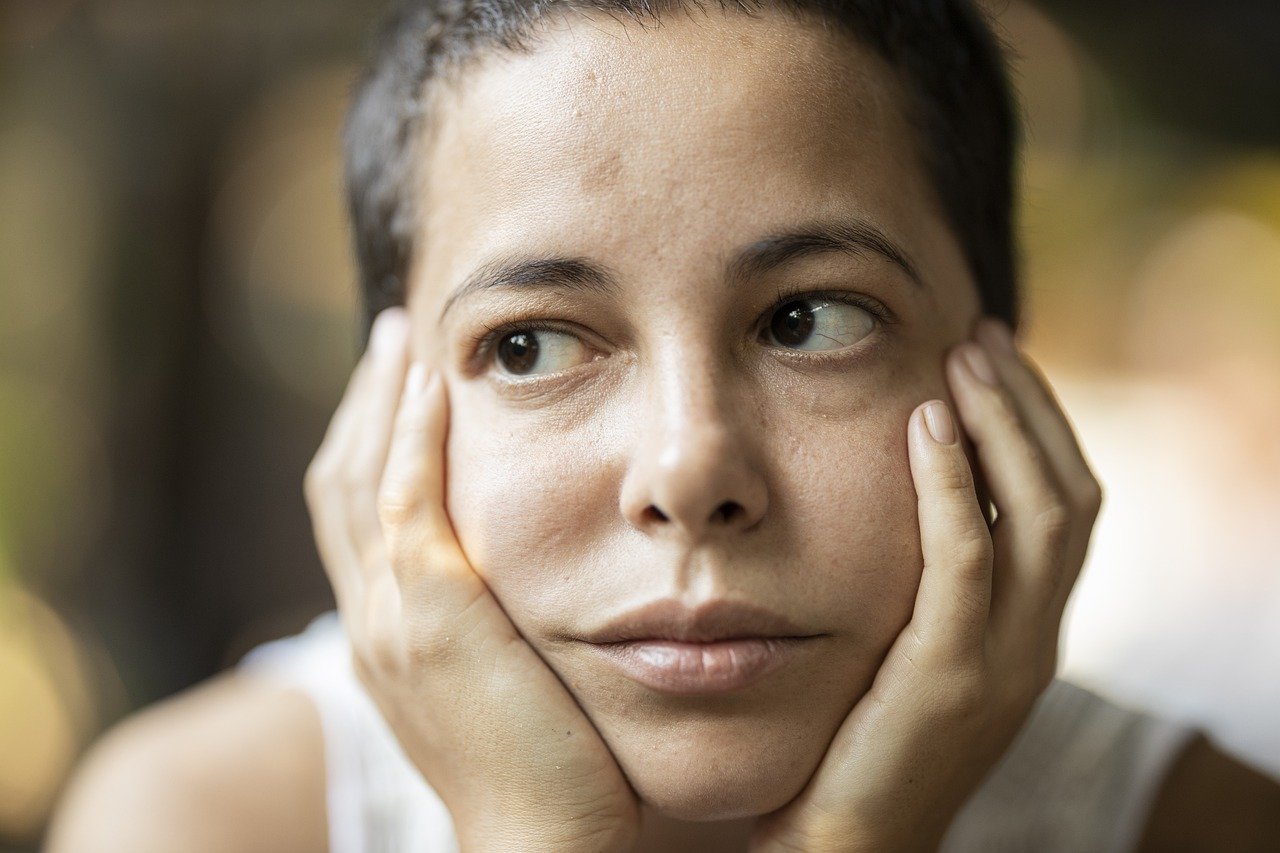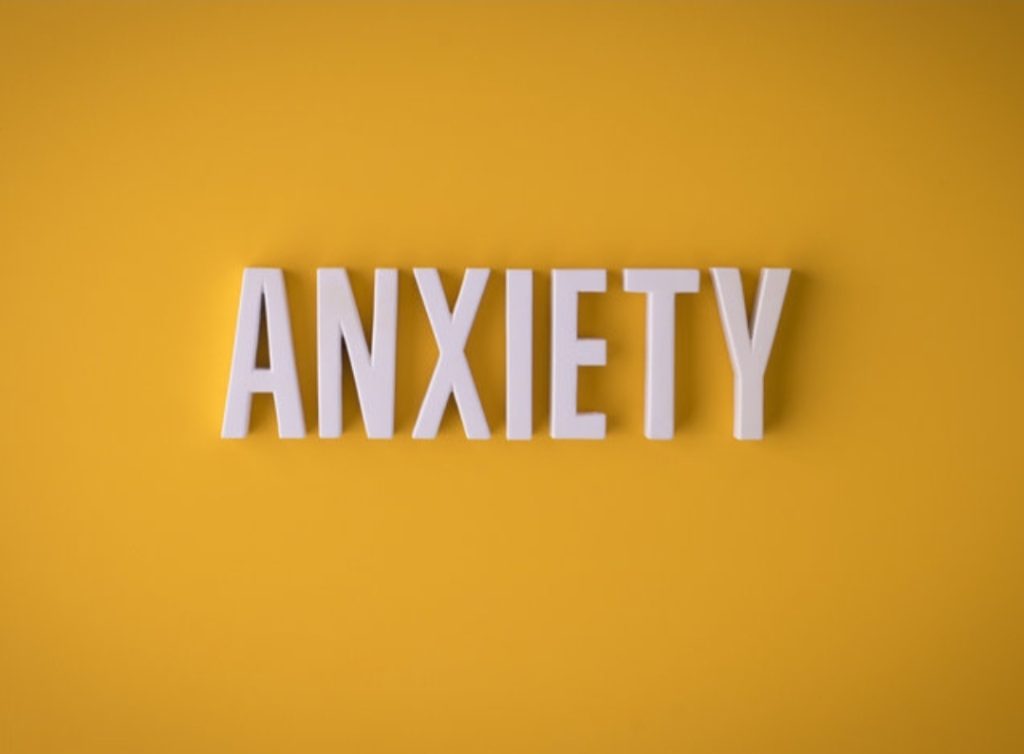For those of us who live in tropical climates, winter can be a time of blue skies, 70-degree weather, and a mild breeze. But for many people who live in northern states, winter can also be a time of frigid, gloomy weather with minimal sunshine.
Warm, sunny weather is often associated with happiness and bliss. While you may relate this feeling to the cold margarita that is in your hand, there may actually be a different cause for your bright mood.
The amount of sunshine that each person is exposed to can have a physical impact on their mood. For people who suffer from Seasonal Affective Disorder, also known as SAD, low light exposure during winter months may cause them to feel symptoms of depression.
Of those who have SAD, nearly 80% are women. Before we can understand how to treat or prevent this disorder, we first need to know about its physiological impact on our bodies.
How winter weather can impact your mood
In its most basic form, symptoms of depression may include a persistent feeling of sadness and a decrease in one’s energy level. Under normal conditions, our bodies produce two important hormones which act to stabilize mood and induce tiredness at the appropriate time of day. Serotonin, a mood stabilizer, balances our happiness and sense of well-being. Melatonin, on the other hand, is responsible for causing sleepiness at nighttime.
During sunny months, our bodies produce serotonin in high quantities along with melatonin at night. In the winter, reduced sunlight can decrease serotonin production while simultaneously causing a spike in the level of melatonin at considerably earlier hours.
According to Dr. Robert Levitan, who participates in research at the Center for Addiction and Mental Health, winter weather may cause a person to have decreased mood while becoming tired earlier in the day — creating the “biological conditions for depression.”
While having access to more natural light during the winter months may not be feasible, there are other ways to ensure that your body maintains a normal hormonal balance.
Remedies for Seasonal Affective Disorder
SAD is not exceedingly common, as it is estimated that this condition impacts somewhere between .5% to 3% of our population. However, for people who have underlying mental health conditions, such as Bipolar Disorder or Major Depressive Disorder, the chances of having SAD increase exponentially.
Therefore, you should not automatically link the sadness that you may experience during winter months to Seasonal Affective Disorder. This diagnosis must be made by your physician, and you should pursue their advice before trying to obtain any form of treatment.
If you have been diagnosed with SAD by a physician, a few different treatment methods may be recommended. One such method is known as light therapy, which seeks to treat symptoms of SAD through exposure to artificial light. Other means of treating your symptoms may include the prescribed use of antidepressants or tryptophan supplements.
Exercise may also be used as a means of mitigating future occurrences of SAD. Harvard Medical School highlighted one study which included patients who suffer from SAD. A daily treatment regimen was established whereby one group of patients was given light therapy for 30 minutes while the other group went for a one-hour walk outdoors.
The group who participated in regular walks noted greater mood improvement when compared to those who had light treatment. Thus, physical activity may be a very useful tool for preventing SAD symptoms. Exercise is also important since SAD has been linked to an increase in weight gain.
Overall, your mood is critically important to your well-being. While many may still be on lockdown and opportunities to enjoy the outdoors are limited, take time to recognize the impact on your emotional state. If you have noticed that you feel lethargic and depressed during winter months, talk to your physician about SAD. In the meantime, get outside — enjoy the fresh air and sunshine — and replace your gloom with happiness.
Our Her Nexx Chapter Community invites you to join us where women are connecting with each other’s stories, exploring different experiences, and transforming ideas.
The Future of Connection for Women
Follow us:







